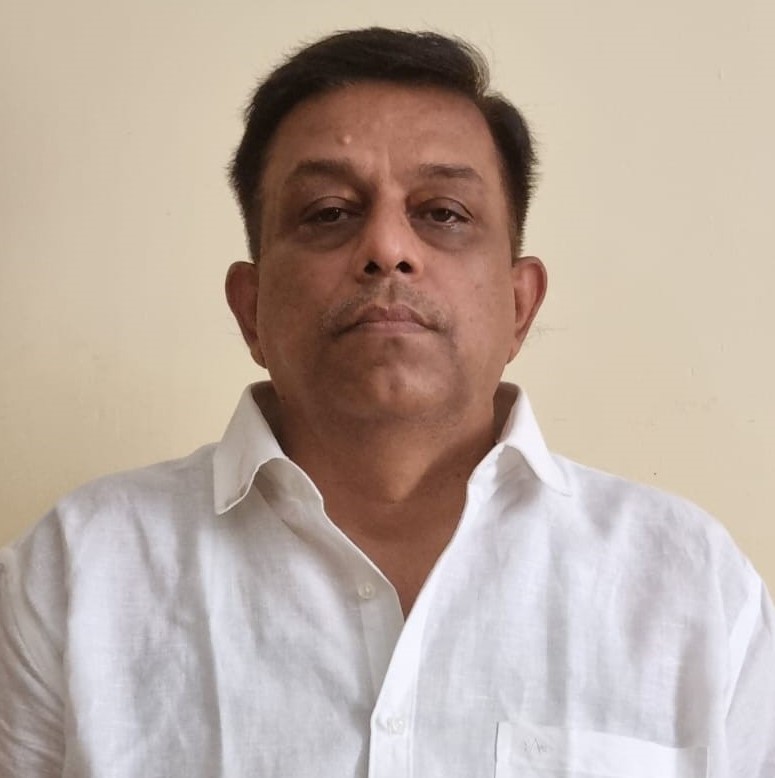Law Needs to Keep Pace with Evolving Terror Threat
The Judiciary is seen as one of the important pillars of democracy. A strong judiciary acts as a check on the executive and protects the rights of citizens from violation. Even within a judicial system, a number of provisions like the right to appeal have been created so that the chances of miscarriage of justice can be minimized. Unfortunately, in the terror-afflicted modern world, it seems the same provisions might work for the benefit of hardened terrorists. These provisions might also result in delay or denial of justice to the population against whom terrorists have perpetrated ghastly acts.
This fear of the misuse of the judicial system by terrorists has started a debate in both the United States and in India where people along with law enforcement agencies fear that a system created to protect rights of citizens might be used by terrorists to deny information. This may create hurdles in the process of investigation and could also allow terrorists to ultimately go scot-free.
In the United States, this debate has been generated by the existing Miranda rights which makes it necessary for the police to tell the arrestee that he or she has the right to remain silent, and that anything the he or she says will be used against that person in court. The suspect also must be clearly informed that he or she has the right to consult with an attorney and to have that attorney present during questioning. Any information collected minus this warning is inadmissible in court.
But reading out of Miranda rights to terror suspects like Faisal Shahzad and the Nigerian bomber Umar Farouk Abdulmutallab who tried to blow up a Detroit-bound plane on Christmas Day is being questioned. This law is also under the scanner given that terror groups are trying to increasingly use American citizens for terrorist activities within the United States.
This situation has made the United States Attorney General Eric Holder to state that the Obama administration may consider modifying Miranda protections to deal with the terror threat. It is possible that the law might be changed in a way that allows investigators more time to question terror suspects before reading them their rights and thus add flexibility to allow more evidence to be admissible in court. This might be especially useful where interrogators have reason to fear an imminent threat to public safety and need information quickly. The Obama administration thinks that these changes would make the law more relevant to present times.
To strengthen the legal system further Senator Joe Lieberman has proposed a legislation that would revoke US citizenship of anybody arrested overseas for affiliating with a foreign terror organization. The bill would expand the scope of a 1940s-era law that requires citizens fighting in a military force that is an enemy of the US to renounce their citizenship. It would now also include those who are part of a terrorist organization.
In India, though a fast-track court managed to punish Ajmal Amir Kasab, the lone survivor of the 26/11 Mumbai attack in a relatively short period, still questions remain about his hanging. Many people even fear that he might become another Afzal Guru, whose hanging is awaited for a long time but has not been carried out for various reasons. Moreover, two of his associates Fahim Ansari and Sabauddin Ahmed, were not convicted by the court in the absence of concrete proof.
This kind of judicial process creates frustration in law enforcement agencies, who often feel the pressure to show results. It also prompts them on occasion to opt for extra-judicial killings. The deficiency in the Indian legal system to deal with terror has been acknowledged by the outgoing Chief Justice of India K. G. Balakrishnan. After the acquittals in the 26/11 Mumbai terror attack case due to failure to prove conspiracy, Balakrishnan strongly advocated the need for a stringent law against terrorism to sufficiently enable the probe agencies to crack complex terror cases. He said, “India should consider putting in place a tough anti-terror law that can enable and help the probe agencies to crack terror cases as in most cases the conspiracies are hatched in foreign land and evidence collection is tough.” He also pointed out that most countries including Britain have drastic laws to deal with terrorism-related offences. He urged Parliament to debate the need for a suitable anti-terror law for India.
The growing incidents of terrorism have created a difficult situation for democracies which often do not know how to punish the hardened terrorists in a suitable timeframe without violating the legitimate rights of citizens so that law abiding citizens do not lose faith in the legal processes. Possibly, the answer lies in modifying existing laws and if need be creating new ones, so that extremists and terrorists do not go scot-free and continue to pose a threat to the country.








